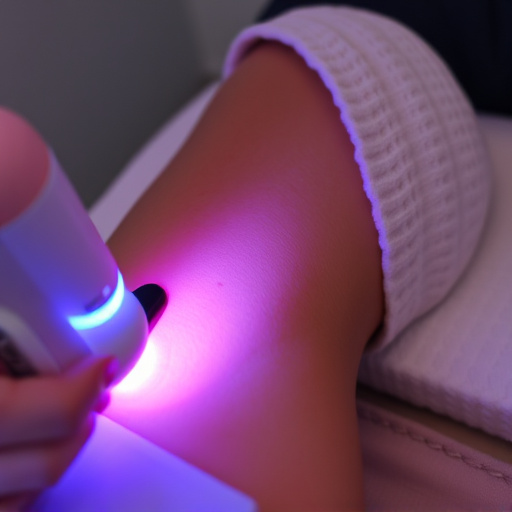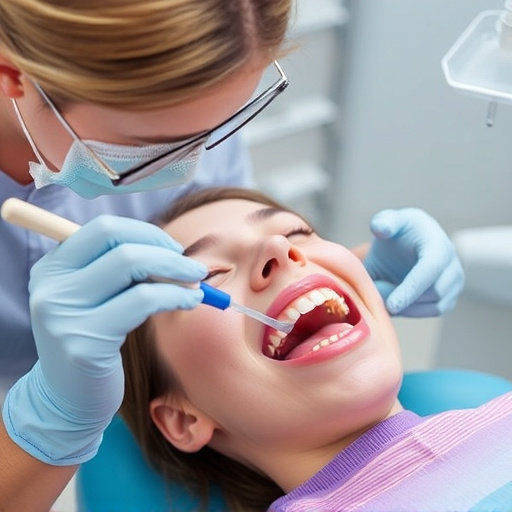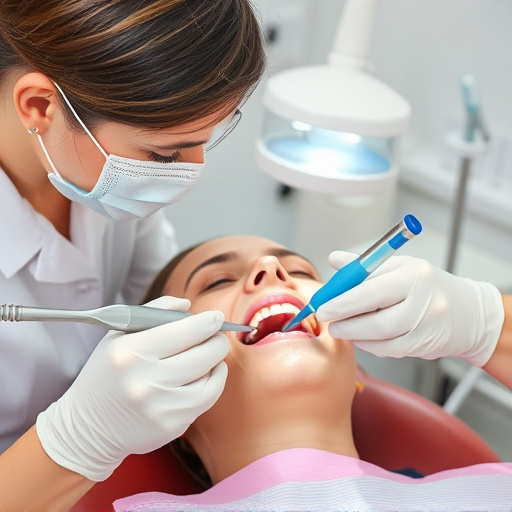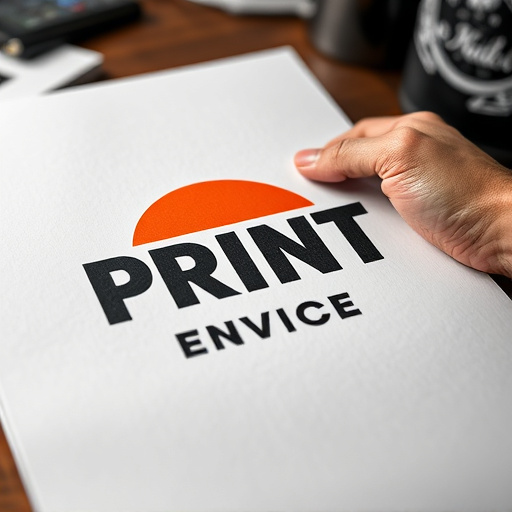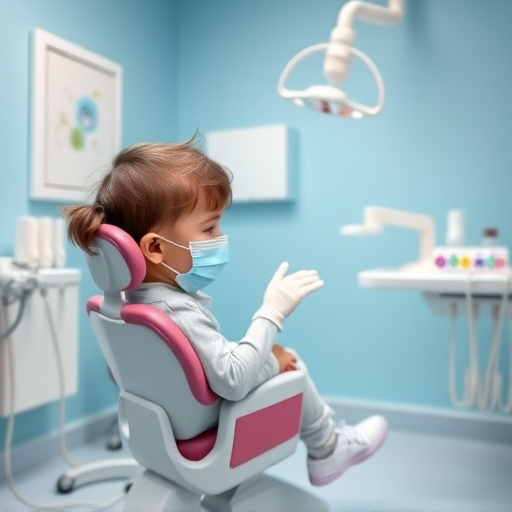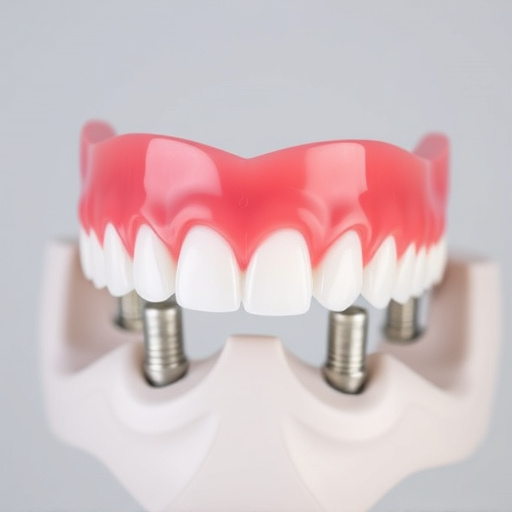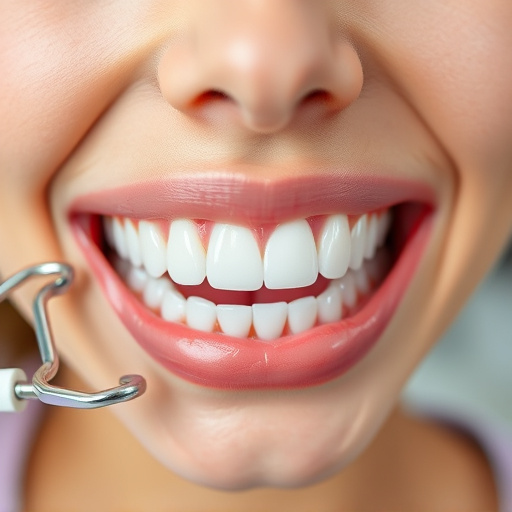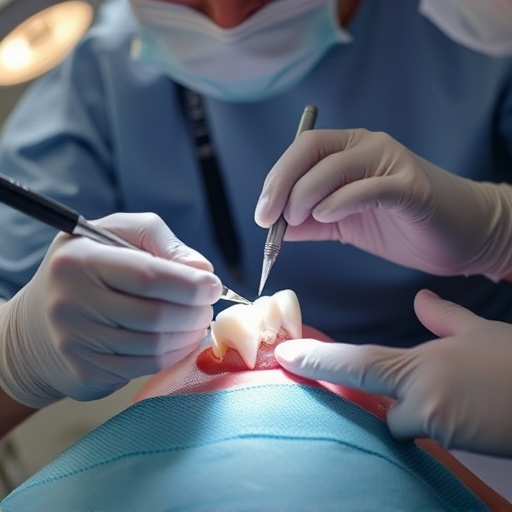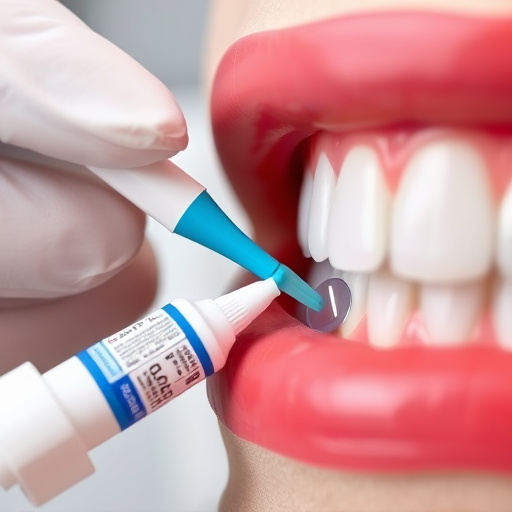Urgent dental care is vital for mitigating severe consequences of dental emergencies. Recognizing signs like intense toothache, broken teeth, or swelling requires immediate treatment to prevent infections and extensive procedures. Regular oral exams, proper instrument sterilization, and EPA-approved disinfectants are essential for effective infection control in urgent dental care settings, ensuring safer treatments for all patients.
In today’s fast-paced world, recognizing and addressing dental emergencies promptly is paramount for maintaining oral health and preventing infections. Urgent dental care plays a crucial role in managing sharp pain, facial swelling, or mouth injuries. This article explores critical aspects of urgent dental care, focusing on identifying dental crises, understanding the benefits of swift treatment, and highlighting essential tools and practices to control infections effectively.
- Recognizing Dental Emergencies That Require Urgent Care
- Benefits of Prompt Dental Treatment for Infection Control
- Essential Tools and Practices in Urgent Dental Care Settings
Recognizing Dental Emergencies That Require Urgent Care

Dental emergencies can arise unexpectedly, and recognizing when urgent dental care is needed is crucial for preventing infections and preserving oral health. Common signs of a dental emergency include severe toothache, tooth sensitivity to hot or cold that doesn’t subside, or a broken, cracked, or severely chipped tooth. Swelling, bleeding, or pus around the teeth or gums are also indicators that require immediate attention. Many times, these emergencies result from trauma, such as sports injuries or accidental falls, where teeth may be loosened, avulsed (knocked out), or damaged.
If you experience a dental emergency, it’s essential to act swiftly and seek urgent dental care. Prompt treatment can often prevent the need for extensive tooth repair procedures like cosmetic fillings or even more complex interventions later on. Routine oral exams play a vital role in early detection of potential issues, allowing for less invasive treatments and better infection prevention.
Benefits of Prompt Dental Treatment for Infection Control

Prompt dental treatment plays a pivotal role in infection control, especially when it comes to urgent dental care. When dental issues are addressed swiftly, it significantly reduces the risk of infections spreading within the mouth and potentially leading to more severe health complications. Many common dental procedures, such as cosmetic fillings or dental fillings, can be carried out promptly to repair damaged teeth, thereby preventing bacteria from infiltrating deeper layers of oral tissue.
In children’s dentistry, prompt treatment is particularly crucial as young patients are more susceptible to infections due to their developing immune systems. Regular visits to the dentist, coupled with swift action during urgent dental care situations, can foster a healthier mouth and contribute to overall well-being.
Essential Tools and Practices in Urgent Dental Care Settings

In urgent dental care settings, several essential tools and practices are indispensable for maintaining a sterile environment and preventing infections. High-level disinfection (HLD) protocols, including the use of EPA-approved disinfectants, play a crucial role in killing viruses, bacteria, and fungi. Personal protective equipment (PPE), such as gloves, masks, goggles, and gowns, acts as a barrier between healthcare providers and potential pathogens, significantly reducing the risk of transmission.
Additionally, implementing routine oral exams as part of urgent dental care ensures early detection of dental issues or signs of infection. This proactive approach allows for timely intervention using specialized treatments like children’s dentistry for young patients or advanced procedures such as dental implants for complex cases. Proper instrument sterilization and single-use items further strengthen infection prevention measures, contributing to safer urgent dental care environments.
Urgent dental care plays a pivotal role in infection prevention, offering specialized treatments for dental emergencies. By recognizing critical situations and promptly addressing them, dental professionals can significantly reduce the risk of infections. Implementing essential tools and practices ensures a safe and effective environment, allowing for timely interventions that benefit patients’ overall well-being. Prioritizing urgent dental care is not just a service; it’s a proactive measure to maintain oral health and prevent potential complications.
